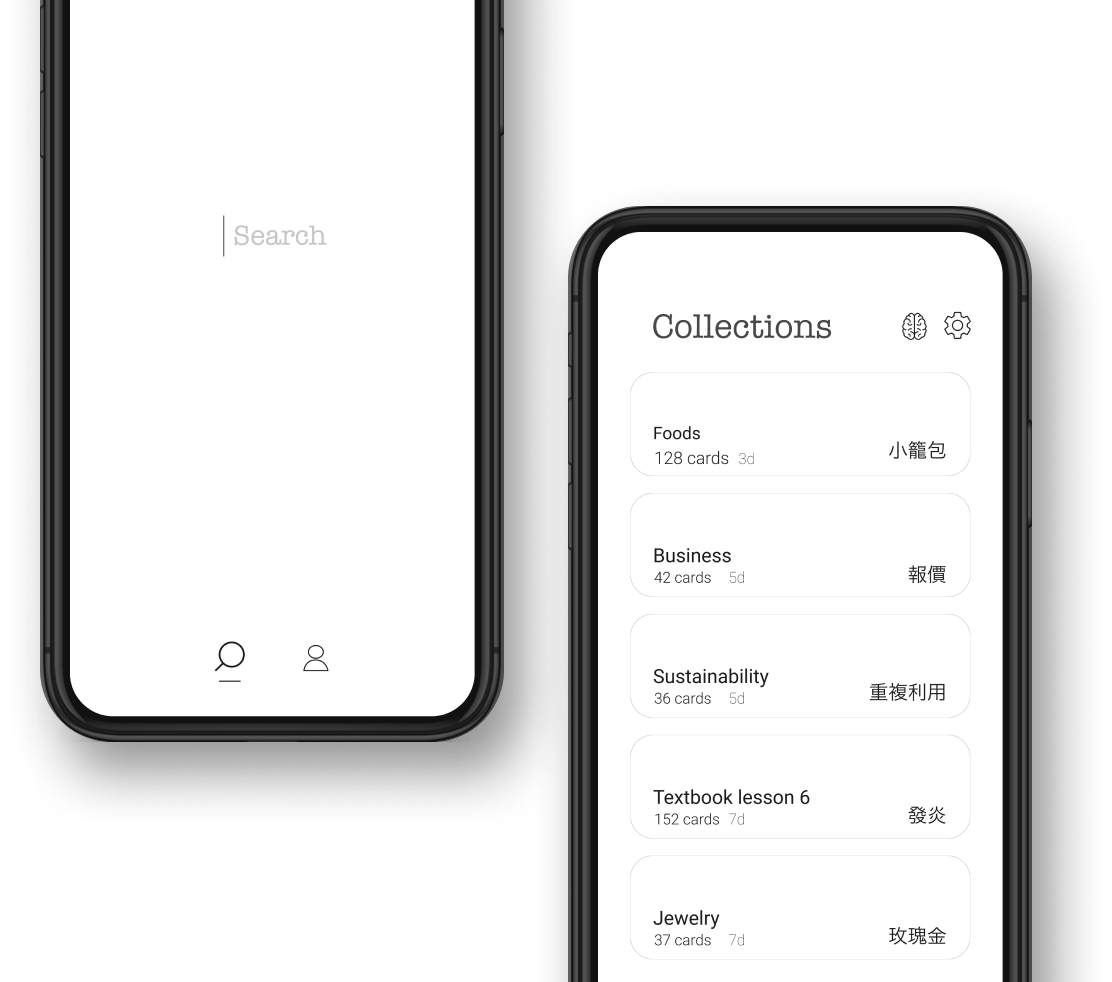Meaning of jí:
即
namely; prompt; at once; at present; prompted (by the occasion)
Tā shì yī míng yīshēng, jí yī wèi quánkē yīshēng.
他是一名医生,即一位全科医生。
He is a doctor, namely a general practitioner.
Dá tí zhī shí, jì yào zhǔn què, yě yào jí shí.
答题之时,既要准确,也要即时。
When answering questions, you must be accurate and prompt.
Tā shōu dào xìnxī hòu jí kāishǐ chǔlǐ.
他收到信息后即开始处理。
He began to process it immediately after receiving the message.
Wǒmen jí jiāng kāishǐ huìyì.
我们即将开始会议。
We are about to start the meeting.
Tā zài chǎng hé hé shì de shíhòu jí xìng fāyán.
他在场合合适的时候即兴发言。
He gave an impromptu speech prompted by the occasion.
that is; i.e.; even if
Rúguǒ tiānqì hǎo, jíshǐ wǒ yě bù qù.
如果天气好,即使我也不去。
If the weather is good, I still won't go.
Tā shì péngyǒu, jí zuì hǎo de péngyǒu.
他是朋友,即最好的朋友。
He is a friend, i.e., the best friend.
Jí biàn tiānqì bù hǎo, wǒmen yě yào chūfā.
即便天气不好,我们也要出发。
Even if the weather is bad, we will still set off.
to approach; to come into contact; to assume (office); to draw near
Kǎoshì jí jiāng kāishǐ.
考试即将开始。
The exam is about to start.
Tā yī dào jiā jiù jí kāishǐ gōngzuò.
他一到家就【即】开始工作。
As soon as he got home, he immediately started working.
Tā míngtiān jiāng jí jiāng xīn zhíwù.
他明天将即将新职务。
He will assume his new position tomorrow.
Kǎoshì rìqí jiāng jí, qǐng hǎohǎo zhǔnbèi.
考试日期将即,请好好准备。
The exam date is approaching; please prepare well.

